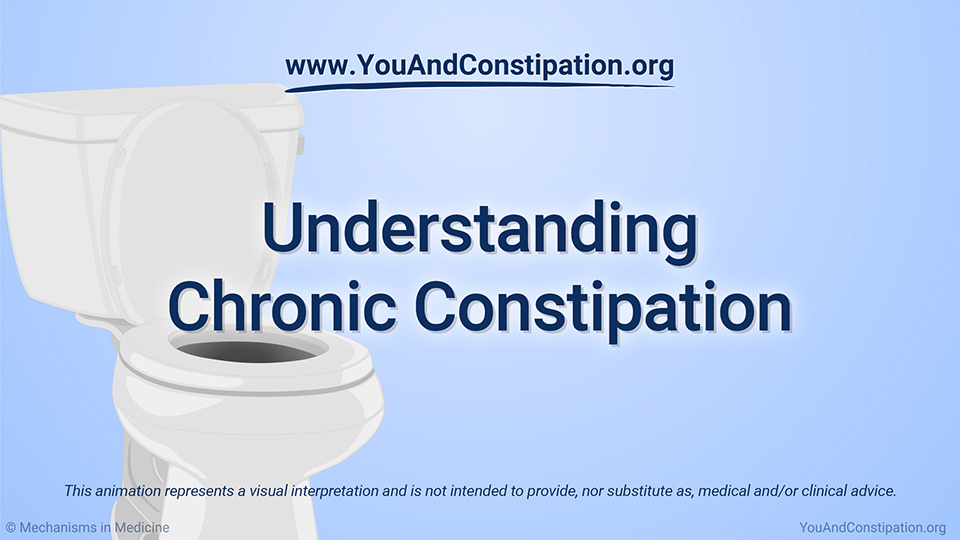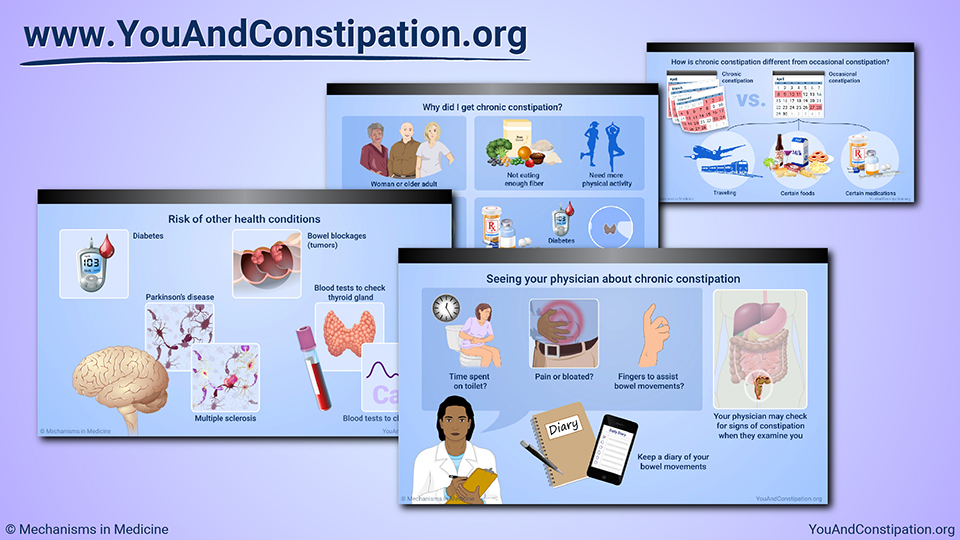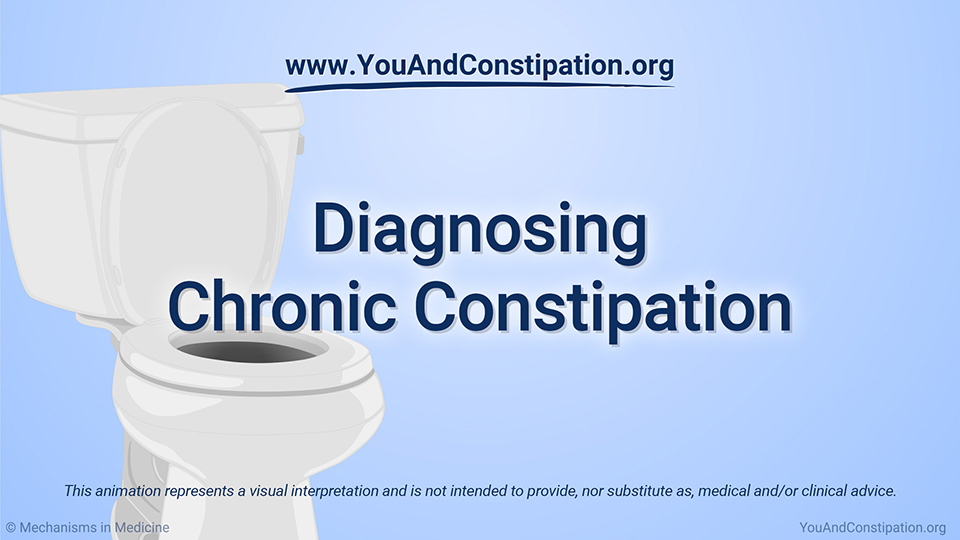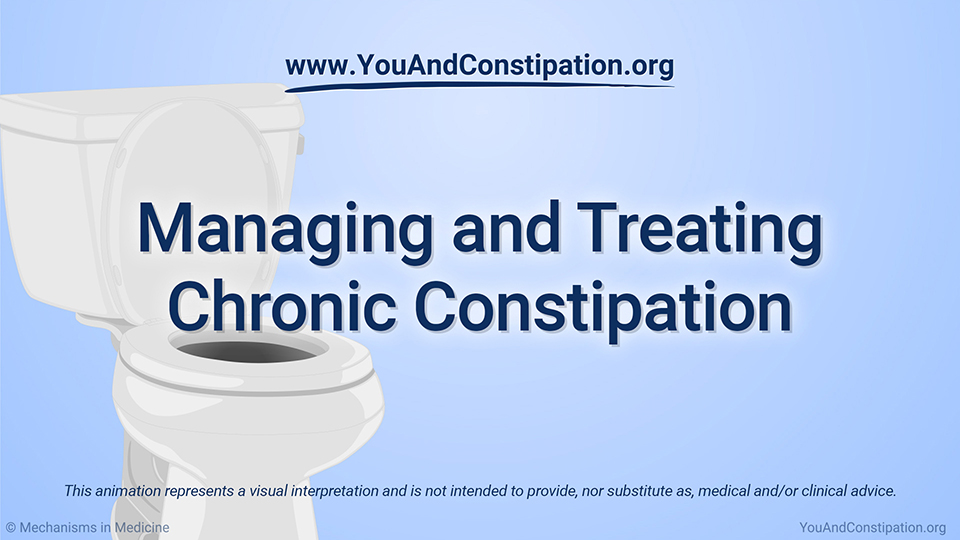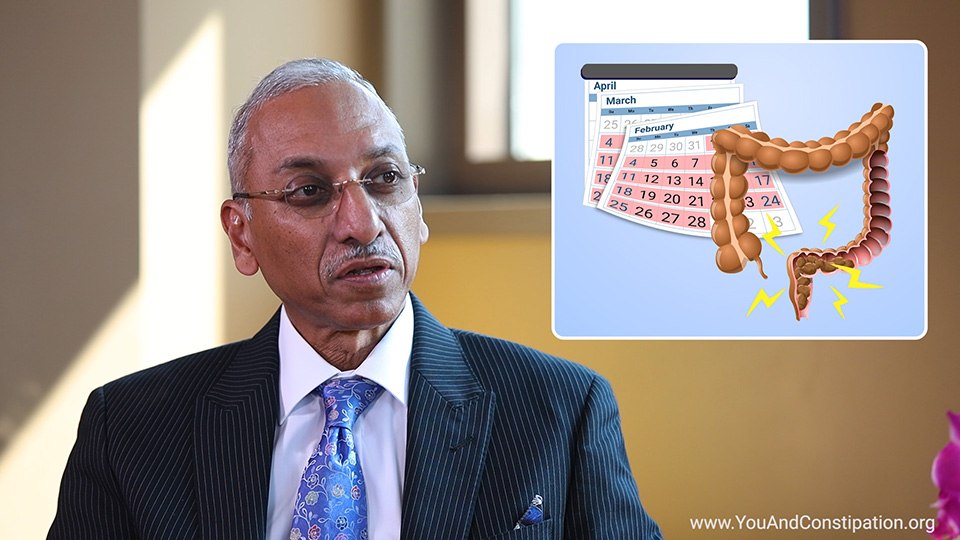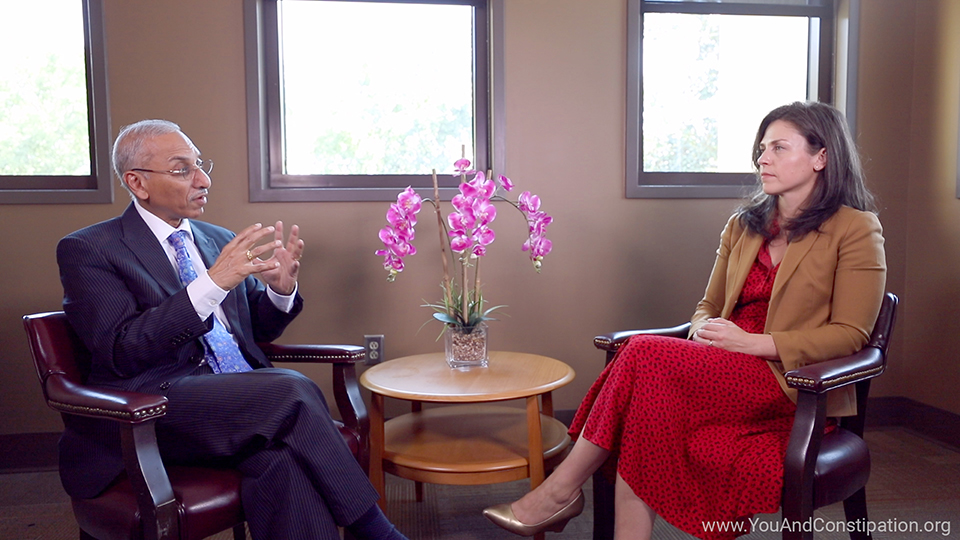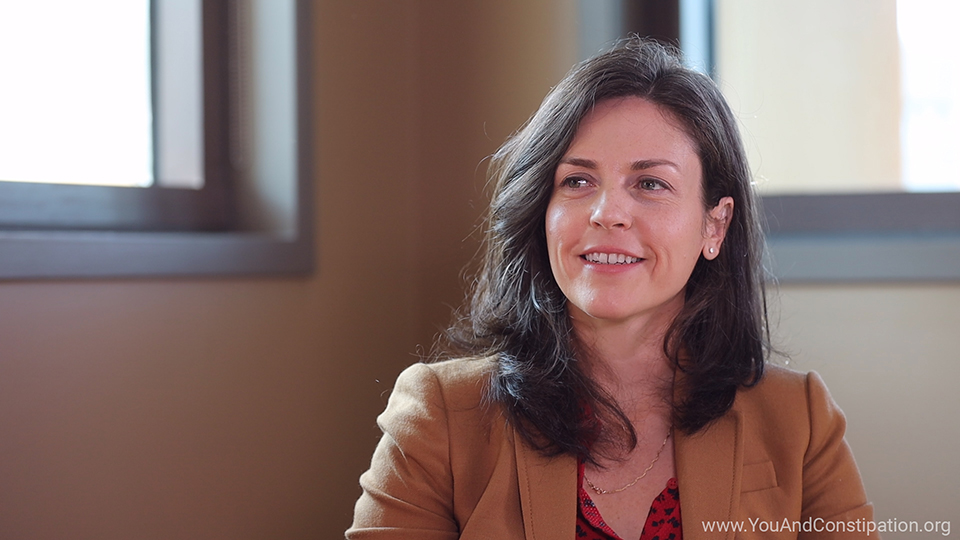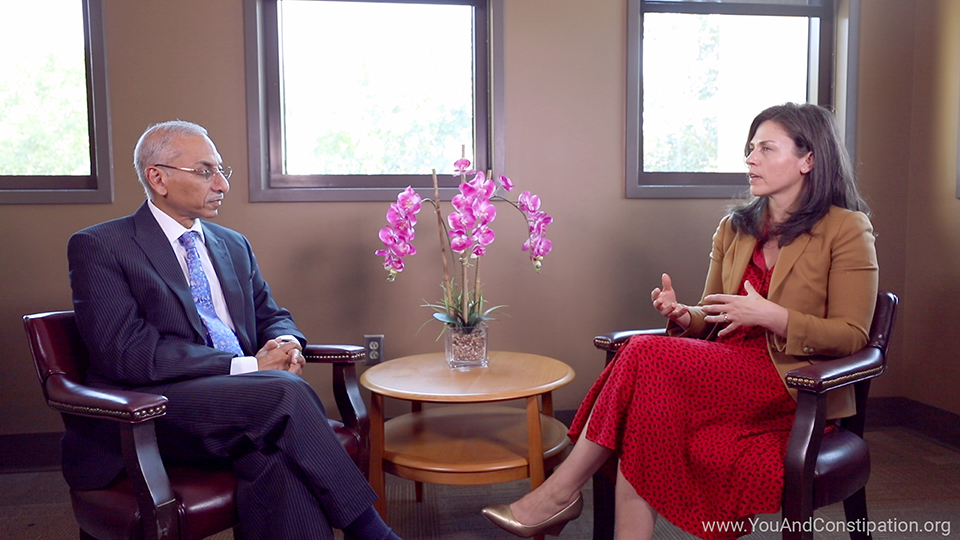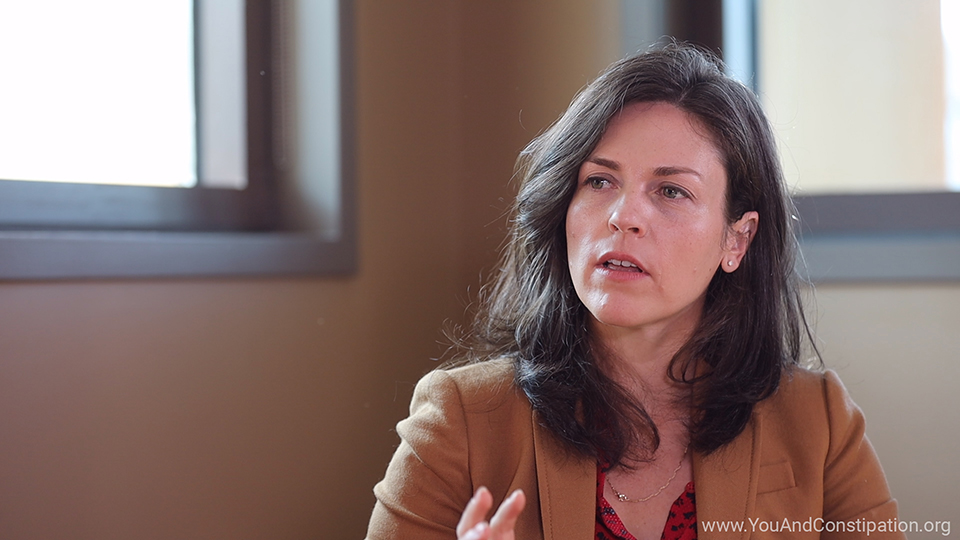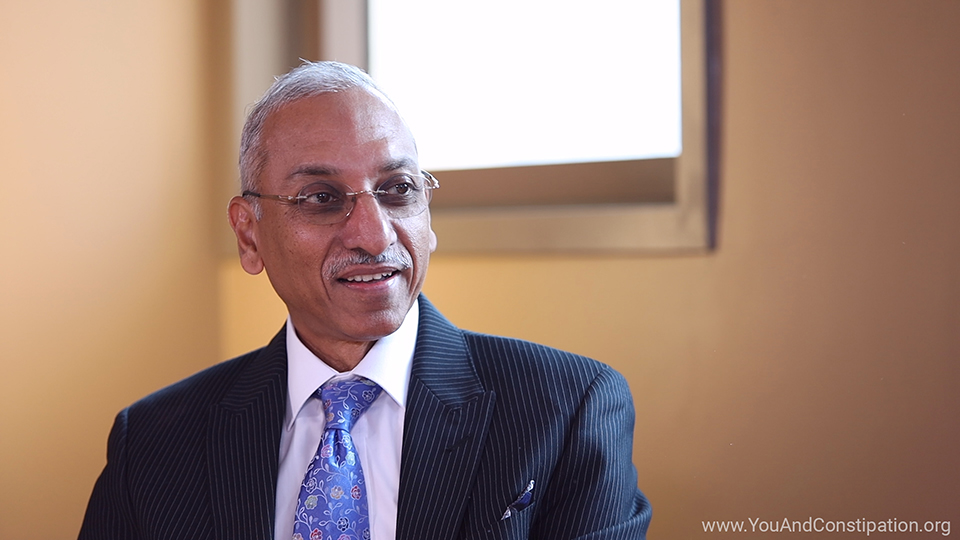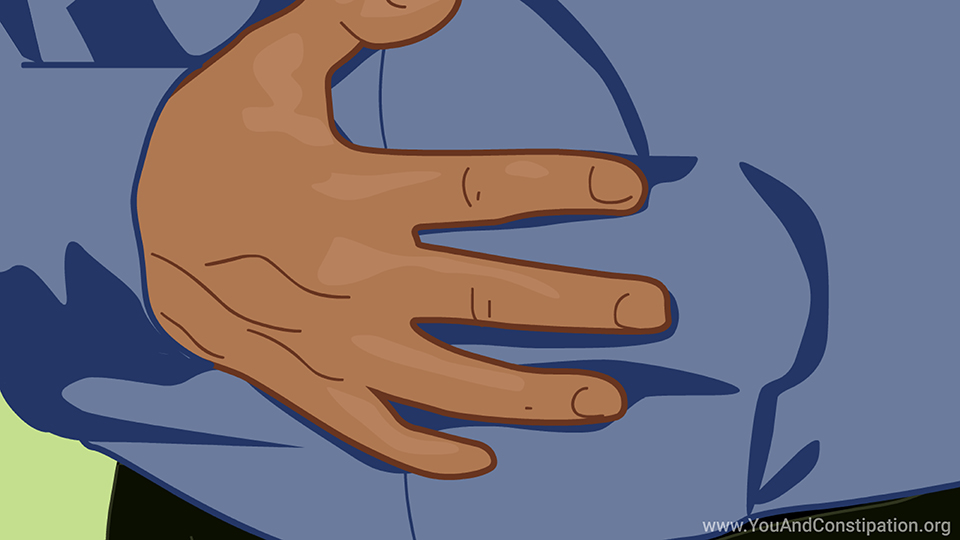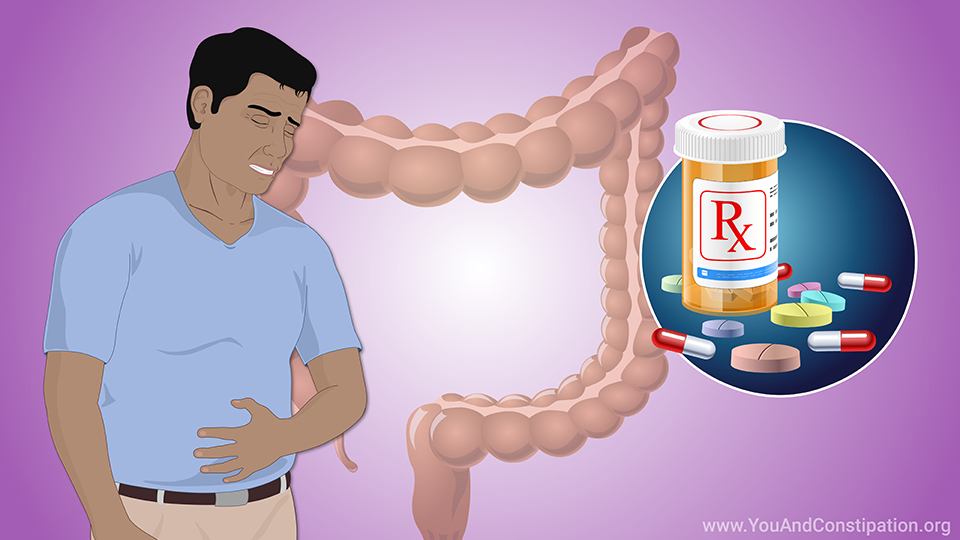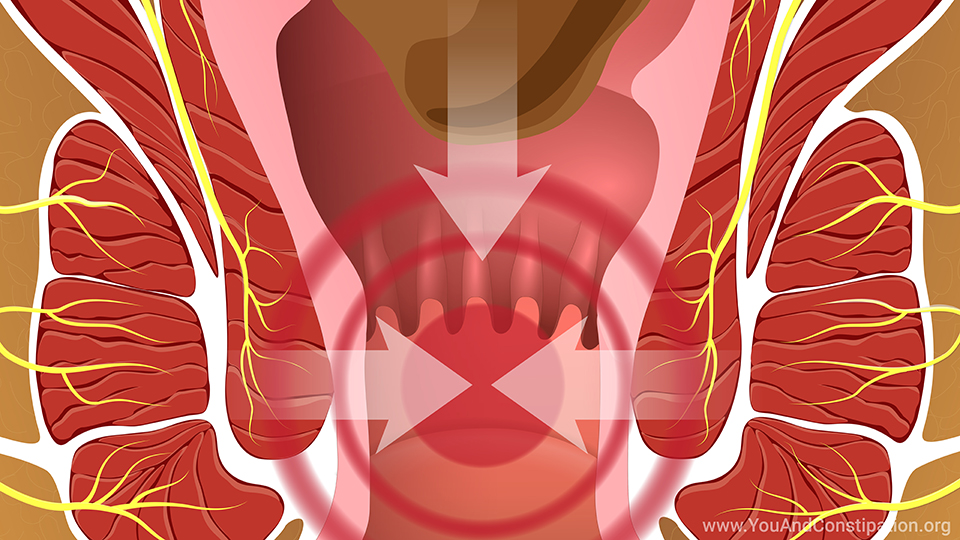Understanding Chronic Constipation
*Please note: This slide show represents a visual interpretation and is not intended to provide, nor substitute as, medical and/or clinical advice.
What is chronic constipation (CC)?
Chronic constipation (CC) is a long-term bowel problem that affects how your digestive system works.
Constipation means either difficulty having a bowel movement or having fewer bowel movements than usual. Some physicians consider you to have constipation when you have fewer than 3 bowel movements a week.1
You might also feel like you want to go but cannot, or you might feel you have not emptied your bowels completely.2,3
Why is it called chronic constipation?
The word chronic means long lasting. A chronic condition lasts for weeks, months, or longer.
Today, with modern tests, it is possible to find the cause of chronic constipation in most people.
What causes chronic constipation?
The main causes of chronic constipation include:3
-
Problems with the nerves and muscles that control sensation in your lower intestine. This may cause a slow-moving digestive system. Physicians call this "slow transit constipation".
-
Problems with the connection between the brain and digestive system (or gut). This may be called "irritable bowel syndrome with constipation".
- Problems with the nerves and muscles of the rectum, where your bowel movements leave the body. This is called "dyssynergic defecation".
Why did I get chronic constipation?
You are more likely to get chronic constipation if you are a woman or an older adult. Women can develop it after giving birth or having surgery to remove the uterus, or womb.3
Sometimes, chronic constipation may be caused by getting too little fiber in your diet or needing more physical activity. It may also be caused by medication or by health conditions such as diabetes or an underactive thyroid.
How is chronic constipation different from occasional constipation?
Chronic constipation lasts much longer than occasional constipation. You might get constipation when you travel, eat certain foods, or take certain medications. This is occasional constipation because it goes away when you go back to your regular routine.
What are the symptoms of chronic constipation?
The symptoms of chronic constipation include:
- Pushing and straining more than usual in order to have a bowel movement.
- Small, hard bowel movements.
- Feeling like you did not empty your bowels or that your bowels are blocked.
- Using your fingers to assist with bowel movements.
- Having abdominal pain and a bloated feeling.
You likely have fewer than 3 bowel movements without laxatives per week. And you might or might not have pain or discomfort.4
Alarm features of chronic constipation
There are some warning signs you should know if you have chronic constipation. Call your physician if you have:
- Symptoms that happen at night.
- A low red blood cell count, called anemia.
- Weight loss that you cannot explain.6
Seeing your physician about chronic constipation
Your physician will ask how long you have had difficulty having a bowel movement or had small, hard bowel movements. They will ask what your bowel movements look like, how often you have them, and if you have them without taking laxative medicines.
Seeing your physician about chronic constipation
They might also ask how much time you spend on the toilet, if you have pain or a bloated feeling, and if you use your fingers to assist with having bowel movements. Your physician may check for signs of constipation when they examine you.
You might need to keep a diary of your bowel movements to give your physician more information. If you have a smartphone, you can use an app to keep track.
Risk of other health conditions
If you have long-lasting constipation, your physician will look for signs of disease, including diabetes and nerve disorders, such as Parkinson’s disease and multiple sclerosis. These are serious conditions, but treatment can help.7
Your physician will also look for anything blocking your digestive system, such as a tumor. They might also do blood tests to check how well your thyroid gland is working or how much calcium is in your blood. The thyroid gland is a small gland in your neck. Its function can affect how well you digest food. Having a lot of calcium in your system can cause constipation.
Important questions for your physician about chronic constipation
Ask your physician if anything in your diet, lifestyle, or medications could be causing the constipation. Also ask them to check if you have a condition that could be causing constipation.
If you are over 50 and have not had a colonoscopy, or over 45 if you are African American, ask if you should have one now.
References
- Simren M, Palsson OS, Whitehead WE. Update on Rome IV Criteria for Colorectal Disorders: Implications for Clinical Practice. Curr Gastroenterol Rep 2017;19(4):15. doi:10.1007/s11894-017-0554-0
- About constipation. International Foundation for Gastrointestinal Disorders. Available at https://www.aboutconstipation.org. Accessed December 2019.
- Lacy BE, Mearin F, Chang L, et al. Bowel disorders. Gastroenterology 2016;150(6):1393-1407.
- Black CJ, Ford AC. Chronic idiopathic constipation in adults: epidemiology, pathophysiology, diagnosis and clinical management. Med J Aust 2018;209(2):86-91.
- Cash BD. Understanding and managing IBS and CIC in the primary care setting. Gastroenterol Hepatol (N Y) 2018;14(5 Suppl 3):3-15.
- Tse Y, Armstrong D, Andrews CN, et al. Treatment algorithm for chronic idiopathic constipation and constipation-predominant irritable bowel syndrome derived from a Canadian national survey and needs assessment on choices of therapeutic agents. Can J Gastroenterol Hepatol 2017;2017:8612189.
- Andrews CN, Storr M. The pathophysiology of chronic constipation. Can J Gastroenterol 2011;25(SB):16B-21B.
- Rao SS, Rattanakovit K, Patcharatrakul T. Diagnosis and management of chronic constipation in adults. Nat Rev Gastroenterol Hepatol 2016 May;13(5):295-305.
This slide show provides an overview of
chronic constipation (
CC), including the
causes,
symptoms, and how chronic constipation is different from occasional constipation. It also explains the
warning signs you should recognize if you have chronic constipation, risk of other health conditions, and the important questions to ask your physician about chronic constipation.
-
Share with family and friends:
Click here to take our SURVEY
Your feedback is important to us! We will use your feedback to develop future areas of content about constipation which will help other patients, caregivers and families.
